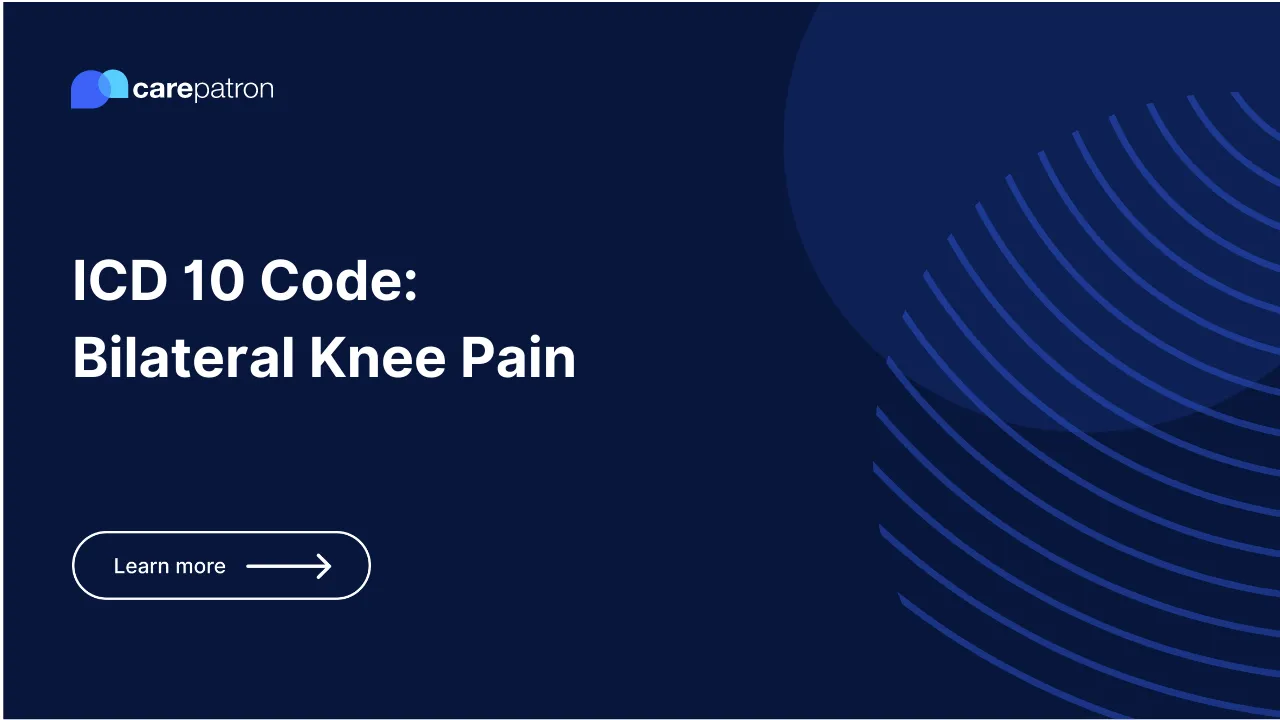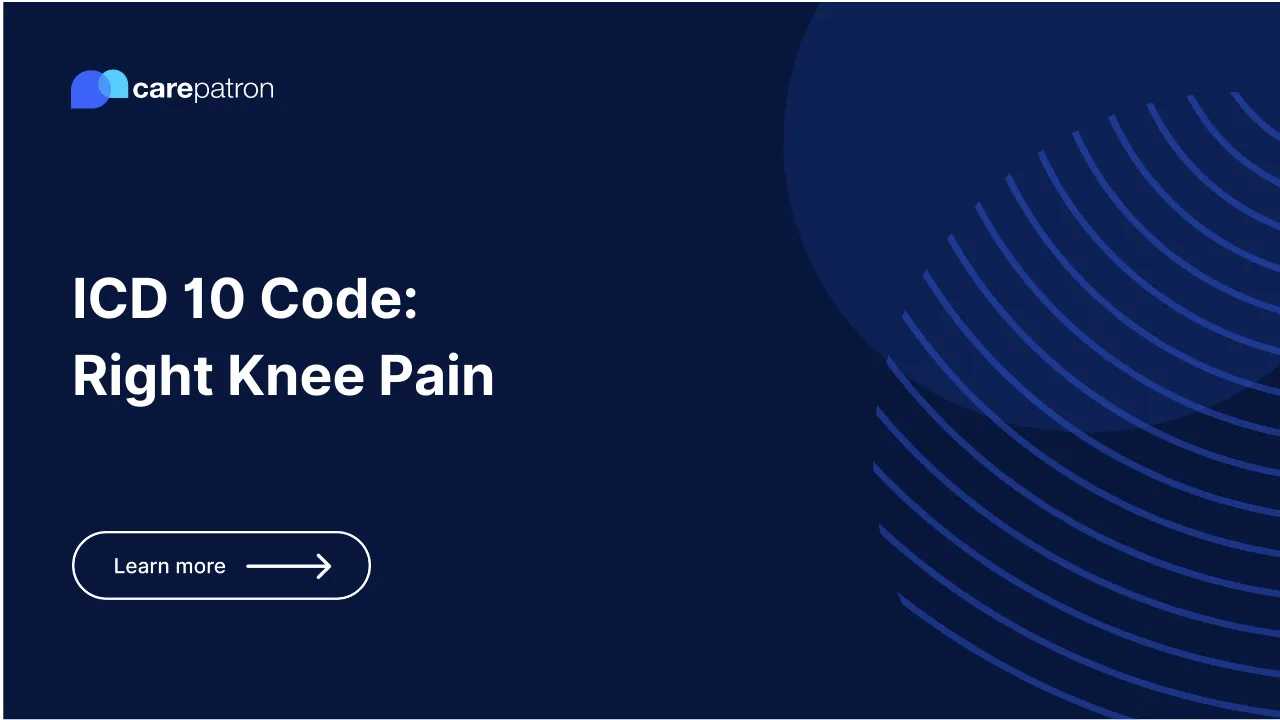DJD ICD-10-CM Codes
Navigate the ICD-10 codes for Degenerative Joint Disease (DJD), learn about its clinical aspects, billability, and answers to common queries.

What ICD-10 Codes Are Used for DJD?
Degenerative Joint Disease, commonly known as DJD or Osteoarthritis, can affect various joints. Here are the DJD ICD-10 codes that are often used:
- M15.0: Primary generalized (osteo)arthritis
- M16.0: Primary osteoarthritis of hip
- M17.0: Primary osteoarthritis of knee
Which DJD ICD Codes Are Billable?
The following DJD ICD codes are billable:
- M15.0: Yes, this is a billable code, indicating primary generalized osteoarthritis.
- M16.0: Yes, this code is billable. It refers to primary osteoarthritis of the hip.
- M17.0: This is also a billable code for primary knee osteoarthritis.
Clinical Information
DJD, also known as osteoarthritis, involves the degradation of joints, including cartilage and the subchondral bone next to it. Here are some key points:
- It's a chronic condition typically seen in older individuals or those with a history of joint injuries.
- Common symptoms include joint pain, stiffness, loss of flexibility, and a grating sensation.
- Treatment involves pain management, physiotherapy, lifestyle modifications, and in severe cases, surgery.
Commonly asked questions
Yes, the ICD-10 codes for DJD specify the joint that's affected. For example, M16.0 is for primary osteoarthritis of the hip.
ICD-10 codes should be updated whenever a patient's condition or treatment plan changes significantly.
The ICD-10 codes selected for DJD can also be influenced by whether the condition is primary or secondary and whether it's localized to a single joint or generalized.


.png)




.webp)
.webp)
.webp)
.webp)
.webp)
.webp)
.webp)
.webp)
.webp)
.webp)
.webp)
.webp)
.webp)
.webp)
.webp)
.webp)
.webp)
.webp)
%2520(1).webp)
.webp)
.webp)
.webp)
.webp)
.webp)
.webp)
.webp)
.webp)
.webp)
.webp)
.webp)
.webp)
.webp)
.webp)
.webp)
%2520(1).webp)
.webp)
.webp)
.webp)
.webp)
.webp)
.webp)
.webp)
.webp)
.webp)
.webp)
.webp)
.webp)
.webp)
.webp)
.webp)
.webp)
.webp)
.webp)
.webp)
.webp)
.webp)
.webp)
.webp)
.webp)
.webp)
.webp)
.webp)
.webp)
.webp)
.webp)
.webp)
.webp)
.webp)

.webp)
.webp)
.webp)
.webp)
.webp)













.webp)
.webp)




.webp)


